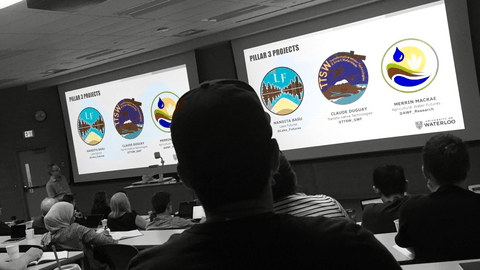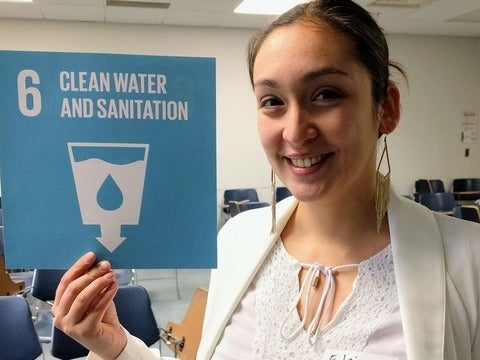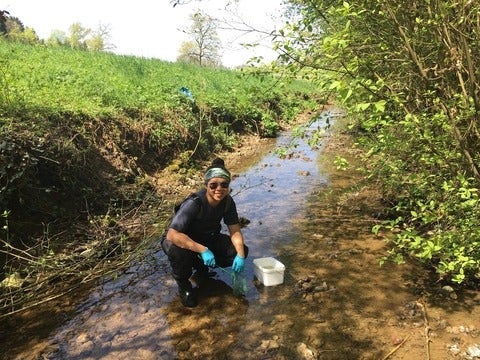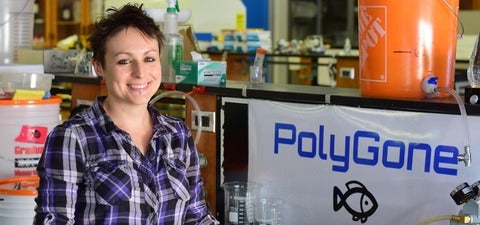Water experts mobilize in Toronto to discuss water security
There are 700 million people in 43 countries currently suffering from water scarcity. By 2025, 1.8 billion people are expected to be living in countries or regions with absolute water scarcity.
On June 17-20, Water Institute members and water experts from around the world are gathering in Toronto to discuss issues of water security at the First International Conference on Water Security.











